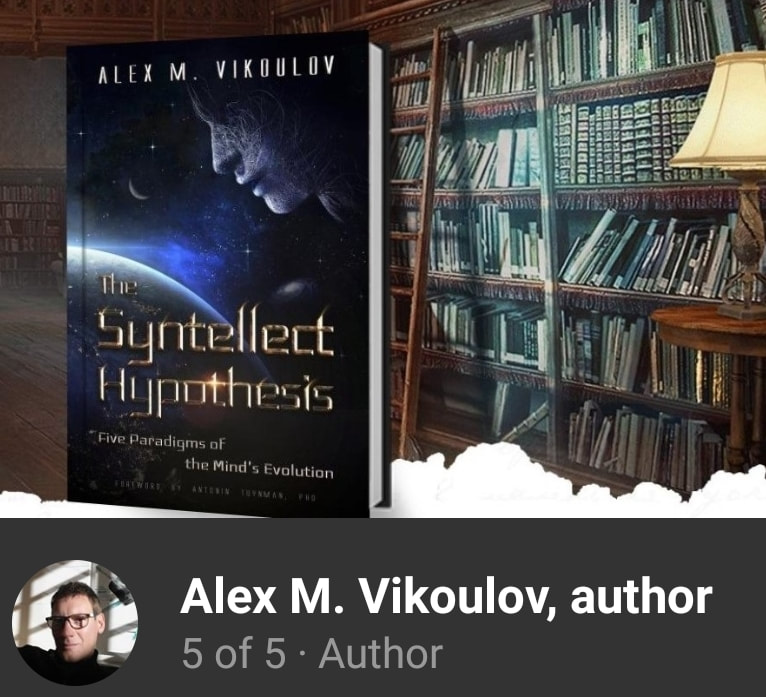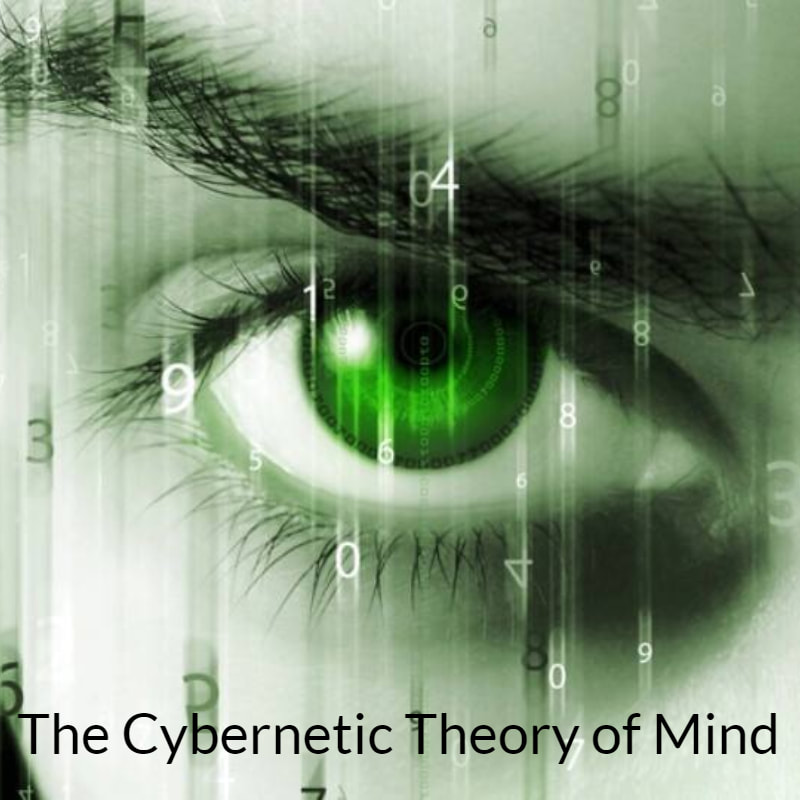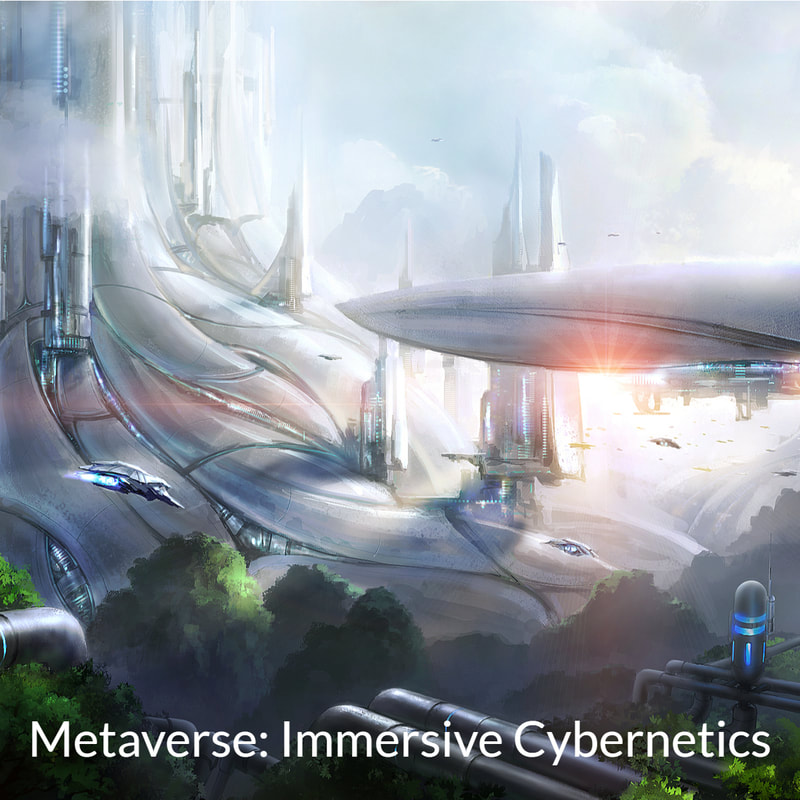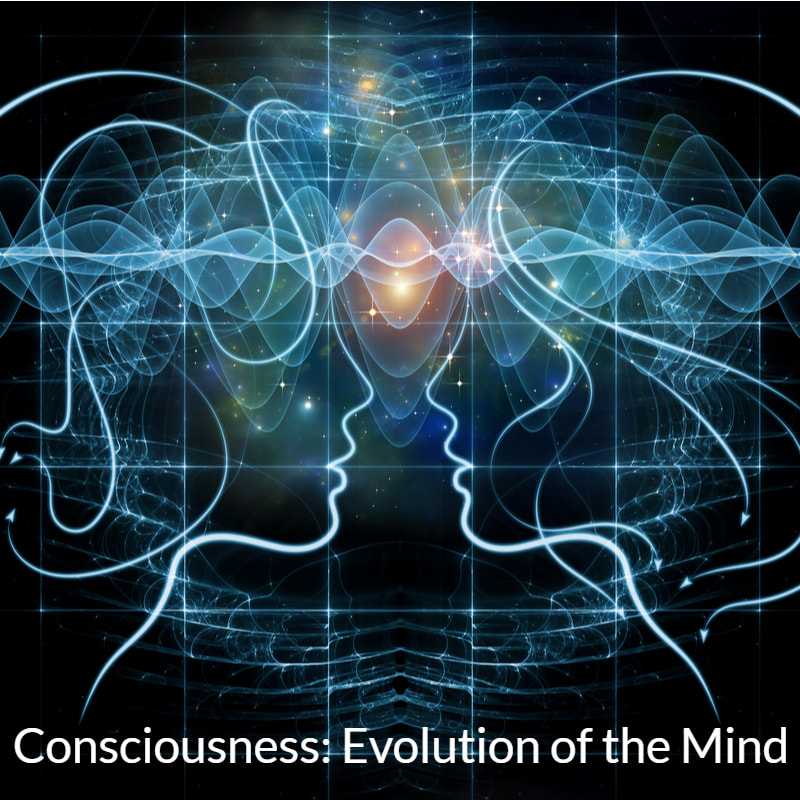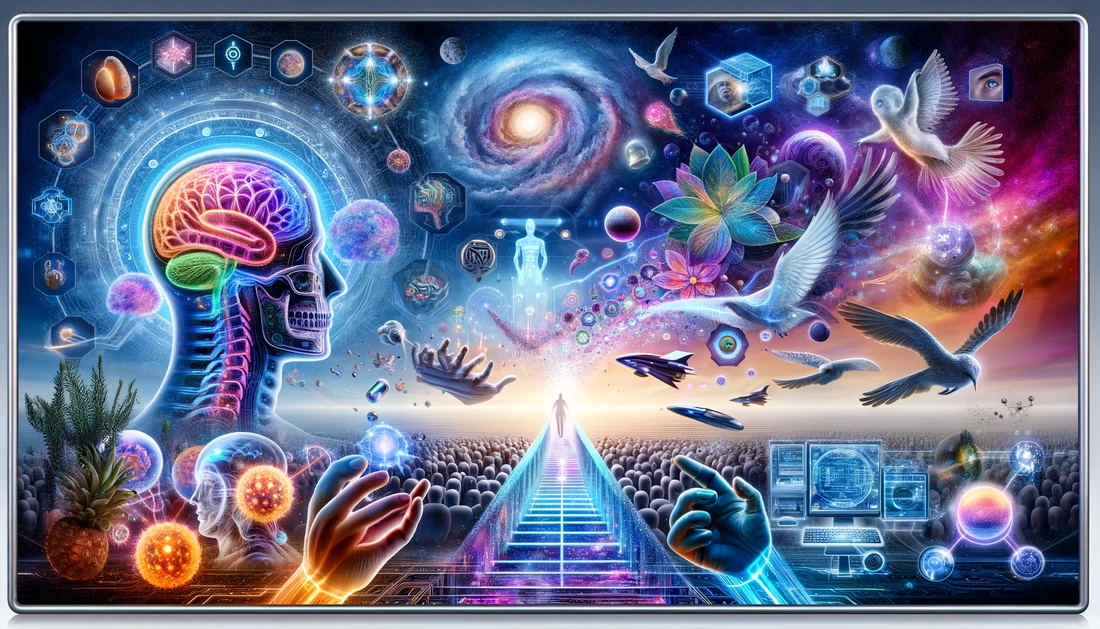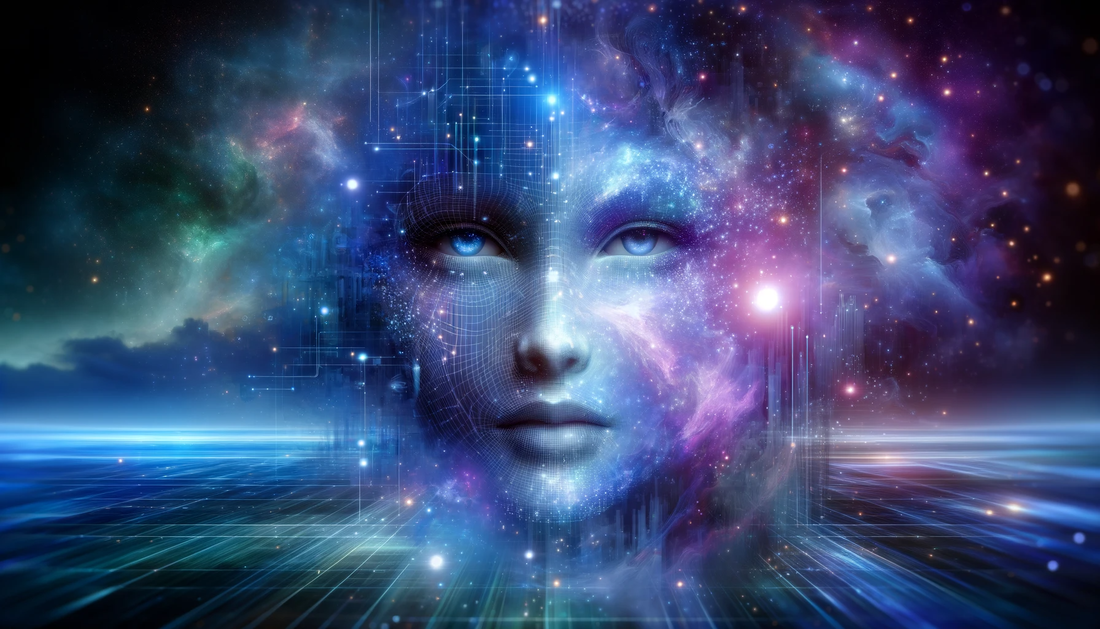|
by Alex Vikoulov [Posted November 8, 2019 11.00 am PST] At the turn of the millennium, Y2K threatened to kill us all, or at least, that's what doomsayers used to sell At the end of 1999, there was a lot of excitement in the air about the forthcoming turn of the century and "irrational exuberance" on the stock market which was skyrocketing to new highs. While many were ready to party "like it was 1999," some technology experts warned that computers might stop working on January 1, 2000. It was called the Y2K bug, the Millennium bug or the Year 2000 Problem. When first computer programs were written in the 1960s, storage was really expensive. To save space, programmers wrote years in two digits rather than four: 1988 becomes 88, 1999 becomes 99. Many believed that enterprise software would not interpret the "00" correctly at the stroke of midnight on January 1, 2000, therefore causing a major glitch in the system. That meant that the year 2000 could be just as easily interpreted as 1900. To a computer, this might appear like a jump backwards in time. Or forwards, to 19100, if the computer program in question calculated dates by adding 19 to the front of the abbreviated year.  The Y2K scare led governments and private organizations around the world to spend about 448 billions in today’s dollars in an attempt to avert the risk. Banks, insurance companies, hospitals, power plants, transport systems and government departments rely heavily on computers to provide accurate time and date. There were fears that Y2K would launch nuclear missiles and cause planes to fall from the sky when clocks turned to midnight on December 31, 1999. Software and hardware companies raced to fix the bug and provided "Y2K compliant" programs to solve the issue. The simplest solution was to expand software values to a four-digit number. Governments, especially in the U.S. and the U.K., worked to address the problem. On the much-awaited date of January 1st, 2000, computer programs updated to the new dates and carried on as usual. Y2K turned out a non-issue: Except for a few incidents of software failures, not much happened on the date as earlier anticipated. Countries such as Italy, Russia, and South Korea dismissed the issue and had done little to prepare for Y2K. They had no more technological problems than those countries, like the U.S., that allocated considerable resources to combat the problem. Due to the lack of significant impact, computer experts were later accused of exaggerating the year 2000 problem as billions of dollars were spent in preparation. Many people dismissed the Y2K bug as a hoax or even an end-of-the-world cult referring to doomsayers who warned that the Y2K bug was going to end civilization as we know it. Since not a lot happened on January 1, 2000, this meant that any side could claim victory: Y2K deniers cheered that they'd been right all along, Y2K alarmists claimed they'd helped avert disaster, and the rest could quickly forget about the whole drama. Reflecting back on the Y2K chimera from 2019, not much changed since then -- unscrupulous media outlets continue to feed on the public fears, negative news and alarmism -- just look at today's headlines. Authors write books that alert our amygdala knowing full well that this would be the major selling point. Hollywood studios would bet their money on the next “Terminator” rather than “Meet the Fockers.” It's just human nature -- as evolutionary adaptation, we tend to pay much more attention to anything that potentially threatens our survival. The good news, though, is that on a global scale collectively we’re much smarter than any individual or a group of people that can easily fall prey to a "populist theme" or fearmongering, be it global warming or AI, so generally speaking, we’re on the right track. Video: Surviving Y2K: What did we learn from the biggest tech scare in history? - Big Think (cc) What seems insanely hypocritical is that the populist media focuses on suffering polar bears while we see armies of neglected homeless people in major U.S. cities and their encampments which make pockets of those cities look worse than any third-world country. There are now nearly 7,000 homeless in San Francisco alone (with population of about 880,000), certainly a sheer head count would be a formidable medieval army camped right next to the "Billionaire Row." Yet, we look away. That's where the most inconvenient truth lies. Besides alarmism about climate change, we got a new existential threat to worry about, at least this is what some fearmongers lead us now to believe -- AI. Not without some merits, Human Compatible: Artificial Intelligence and The Problem of Control (2019) by UC Berkeley professor Stuart Russell reads like an updated version of Nick Bostrom's Superintelligence; Paths, Dangers, Strategies (2014). However, the chances of Russell's Robocalypse happening are roughly zero with certain preparations in place for which I make my case in my new books The Intelligence Supernova: Essays on Cybernetic Transhumanism, The Simulation Singularity and The Syntellect Emergence (2019) and with even more comprehensive analysis of civilizational development in The Syntellect Hypothesis: Five Paradigms of the Mind’s Evolution (2020).  We always think of safeguards as the first priority. Some safety measures can be massively overdone and even produce an adverse effect. In anticipation of the Y2K which was dreaded to destabilize the banking system, Greenspan's Federal Reserve pumped enormous liquidity into the financial system and quickly withdrew it afterwards which resulted in the dot-com bubble craze culmination and bust. The stock market meltdown started in March, 2000 with S&P 500 peaking at 1,552.87 and finding its bottom 50% lower while tech-heavy Nasdaq peaked at 5,132.52 and fell 80% over the course of two and a half years. It took Nasdaq almost 15 years to climb back to the 5,000 level. If not treated with a hefty dose of skepticism, scares like the Year 2000 problem sold to us by fearmongers and doomsayers may ultimately lead to suboptimal policy decisions costing millions, if not billions, of dollars of taxpayers' money (building the U.S.-Mexico border wall comes to mind) and sharper economic downturns like the Great Recession (2007-2009), an aftershock reverberated in part from the Y2K-Fed market collapse of 2000-2002. -Alex Vikoulov READ MORE: Year 2000 Problem [Wikipedia] Global Climate Change: Technology Approach [EcstadelicNET] Keywords: Y2K, The Millenium Bug, Y2K Scare, irrational exuberance, stock market, like it's 1999, Y2K bug, Year 2000 Problem, computer programs, banks, insurance companies, hospitals, power plants, transport systems, government departments, nuclear missiles, Y2K compliant, Y2K chimera, alarmism, Terminator, Meet the Fockers, fear mongering, global warming, existential threat, AI, Billionaire Row, Human Compatible, UC Berkeley, Stuart Russell, Nick Bostrom, Superintelligence, Robocalypse, Intelligence Supernova, Cybernetic Transhumanism, Simulation Singularity, Syntellect Emergence, Syntellect Hypothesis, evolution, Greenspan, Federal Reserve, financial system, dot-com bubble, S&P 500, Nasdaq Image: Shutterstock Follow us ↴
0 Comments
Leave a Reply. |
Disclaimere_News™ delivers the most urgent News of the Day that we find relevant to the main theme of EcstadelicNET such as a new, cutting-edge scientific research, technological breakthroughs and emerging trends. Some material may be fully or partially from outside sources. The Top Stories section, on the other hand, contains only original content written by affiliated authors. Take me to Top Stories. Categories
All
The Cybernetic Theory of Mind by Alex M. Vikoulov (2022): eBook Series
The Syntellect Hypothesis: Five Paradigms of the Mind's Evolution by Alex M. Vikoulov (2020): eBook Paperback Hardcover Audiobook The Omega Singularity: Universal Mind & The Fractal Multiverse by Alex M. Vikoulov (2022): eBook THEOGENESIS: Transdimensional Propagation & Universal Expansion by Alex M. Vikoulov (2021): eBook The Cybernetic Singularity: The Syntellect Emergence by Alex M. Vikoulov (2021): eBook TECHNOCULTURE: The Rise of Man by Alex M. Vikoulov (2020) eBook NOOGENESIS: Computational Biology by Alex M. Vikoulov (2020): eBook The Ouroboros Code: Reality's Digital Alchemy Self-Simulation Bridging Science and Spirituality by Antonin Tuynman (2019) eBook Paperback The Science and Philosophy of Information by Alex M. Vikoulov (2019): eBook Series Theology of Digital Physics: Phenomenal Consciousness, The Cosmic Self & The Pantheistic Interpretation of Our Holographic Reality by Alex M. Vikoulov (2019) eBook The Intelligence Supernova: Essays on Cybernetic Transhumanism, The Simulation Singularity & The Syntellect Emergence by Alex M. Vikoulov (2019) eBook The Physics of Time: D-Theory of Time & Temporal Mechanics by Alex M. Vikoulov (2019): eBook The Origins of Us: Evolutionary Emergence and The Omega Point Cosmology by Alex M. Vikoulov (2019): eBook More Than An Algorithm: Exploring the gap between natural evolution and digitally computed artificial intelligence by Antonin Tuynman (2019): eBook Editor-in-ChiefAlex M. Vikoulov is a futurist, evolutionary cyberneticist and philosopher, editor-in-chief at Ecstadelic Media Group, filmmaker, essayist, author of many books, including the 2019-2020 best-seller "The Syntellect Hypothesis: Five Paradigms of the Mind's Evolution." Our Public Forums
Our Custom GPTs
Alex Vikoulov AGI (Premium*)
Be Part of Our Network! *Subscribe to Premium Access Make a Donation Syndicate Content Write a Paid Review Submit Your Article Submit Your Press Release Submit Your e-News Contact Us
|



